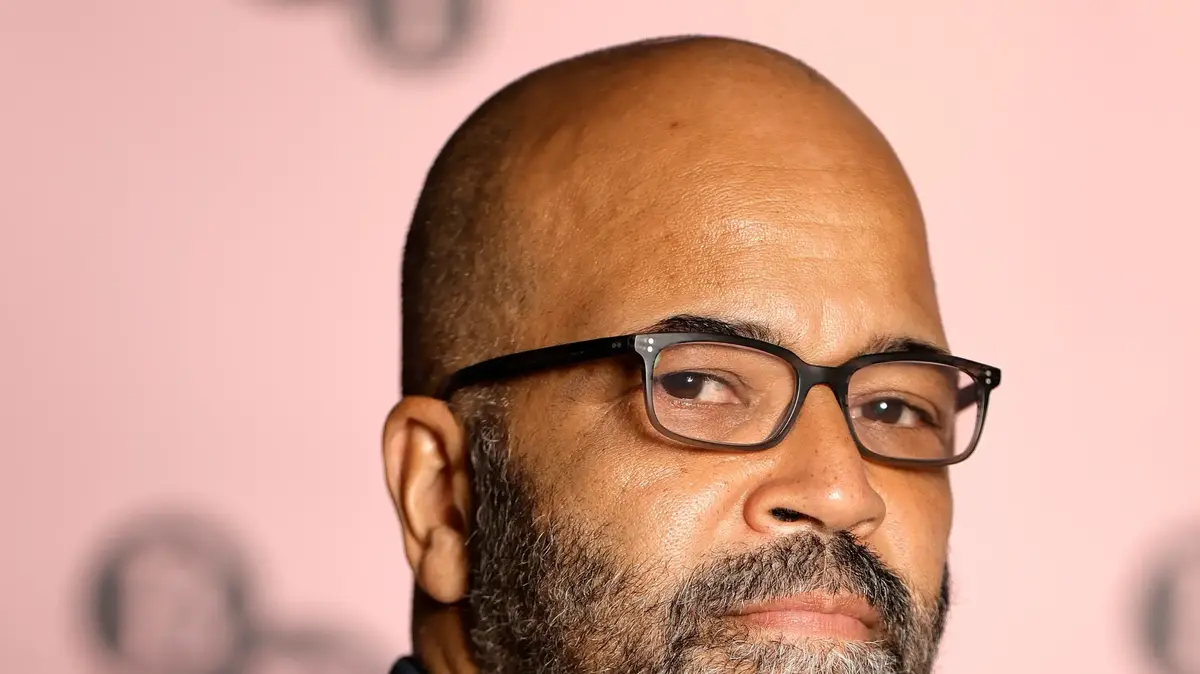Discuss with Me wants to bring as different people as possible into conversation
Photo:
Alistair Berg / Digital Vision / Getty Images
The “Discuss with Me” platform aims to bring people into conversation - especially when they disagree.
The presenter and actor Louis Klamroth developed the concept together with friends in 2017, and it was tested for the first time before the federal elections at the time.
In the super election year 2021, the app will be launched all year round for the first time.
The idea: Anyone who wants to discuss can first rate theses on the website or in the app that deal, for example, with the purpose of the rent cap, a ban on additional income for members of parliament or curfews.
As soon as the ratings have been submitted, an algorithm assigns a conversation partner if a person who is willing to talk is online and has a different opinion on one or more topics.
Read the interview with project manager Raewyn Leipold-Olszowka here:
SPIEGEL:
The concept of the app sounds like a dating portal upside down: people who have as different views as possible are matched.
How did you come up with that?
Leipold-Olszowka:
With Brexit and the election of Donald Trump, the topic of filter bubbles became bigger and bigger - in other words, algorithms primarily suggest content to people that supports their previous views.
Then there was hate speech and trolls on social media.
In short: We had the feeling that a productive discourse between people with different opinions online is almost no longer possible.
We wanted to change that, in a democracy people have to keep talking to one another.
SPIEGEL:
Nevertheless, on social media, for example, there is constant discourse and controversy between people with different views.
Do you always find this unproductive?
Leipold-Olszowka: Of course
, you also meet people with different opinions on social media or analogously in sports clubs and friends - we don't want to replace these encounters either.
The idea behind our app, however, is to enable a dialogue in a protected space and to really create a one-on-one situation.
Nobody is allowed to watch, there is no audience.
That makes the conversation more intimate and secure for those involved.
SPIEGEL:
How great is the need for such one-on-one discussions?
Leipold-Olszowka:
We tested the idea for the first time before the 2017 federal election.
In six weeks there were over 20,000 chats and almost half a million messages were sent.
But what surprised us most: The chats lasted an average of seven minutes and 48 seconds.
This suggests that people really wanted to exchange ideas there - even if the other person has a different opinion.
We are convinced that there will be even more chats in 2021.
SPIEGEL:
Is the situation before this federal election different for your project - for example because the corona pandemic has fostered division tendencies in society and unsettled people, or the outcome of this election seems more open than it has been for many years?
Leipold-Olszowka:
“Discuss with Me” has simply become even more relevant than in 2017. A constructive culture of debate is essential in order to be able to master major challenges such as the climate catastrophe or the corona pandemic.
That is precisely why we need tools that enable us to have a factual exchange and show us other perspectives.
Ultimately, this leads us to a more empathic togetherness.
SPIEGEL:
Do conversations in your app sometimes escalate?
Leipold-Olszowka:
Basically I can't say that because we can't see any chat history.
But of course we asked ourselves at the time how we deal with insults and hate speech and set up a mechanism for this: If a user is reported by three independent people for misconduct, we block that person's IP address.
In the time before the 2017 federal election, we actually only banned three people.
This confirms our assumption that you simply behave differently in a one-on-one conversation.
SPIEGEL:
Why actually?
Leipold-Olszowka: Trolling
without an audience isn't fun and doesn't make much sense either.
In addition, there is freedom of expression in our app, but of course no right to a conversation.
If you don't like the chat, you can just leave the conversation.
So both sides have to make an effort if they really want to keep the conversation going.
SPIEGEL:
Do you also reach people who are not already very interested in politics anyway?
Leipold-Olszowka:
Our offer is particularly interesting for people outside the typical political
bubble
.
I once got the feedback from a young woman that she never actually leads political discussions because she has not studied anything in that direction and therefore often feels stupid about it.
This is exactly why she thought the app was good - because there she could discuss political issues without being too exposed.
Even people who might otherwise shy away from open political participation can safely participate in political discourse via the app.
SPIEGEL:
As a rule, users chat completely anonymously, and not even their age is revealed.
Why?
Leipold-Olszowka:
The offer should be as low
-threshold
as possible.
That's why you don't even have to log in to chat - and you can remain anonymous.
That protects the people who talk to each other there.
And it creates a different conversation situation: With a Bernd, a Mahmut or a Claire, I may already have a prefabricated picture in my head.
But if I don't know anything about the person I'm talking to, I can get involved in the things that person is saying differently.
SPIEGEL:
You also use the app yourself. Have conversations with you failed?
Leipold-Olszowka:
Of course. There are always people who just want to present their point of view but are not really interested in a dialogue. Then I just end the conversation. In most cases, however, I had constructive chats. You sometimes get to know very different realities of life and I was often able to understand why someone had a certain opinion - even if I didn't share it. And it is precisely this understanding that I find even more important in 2021 than in 2017 due to increasing polarization.












/cloudfront-eu-central-1.images.arcpublishing.com/prisa/KMEYMJKESBAZBE4MRBAM4TGHIQ.jpg)


